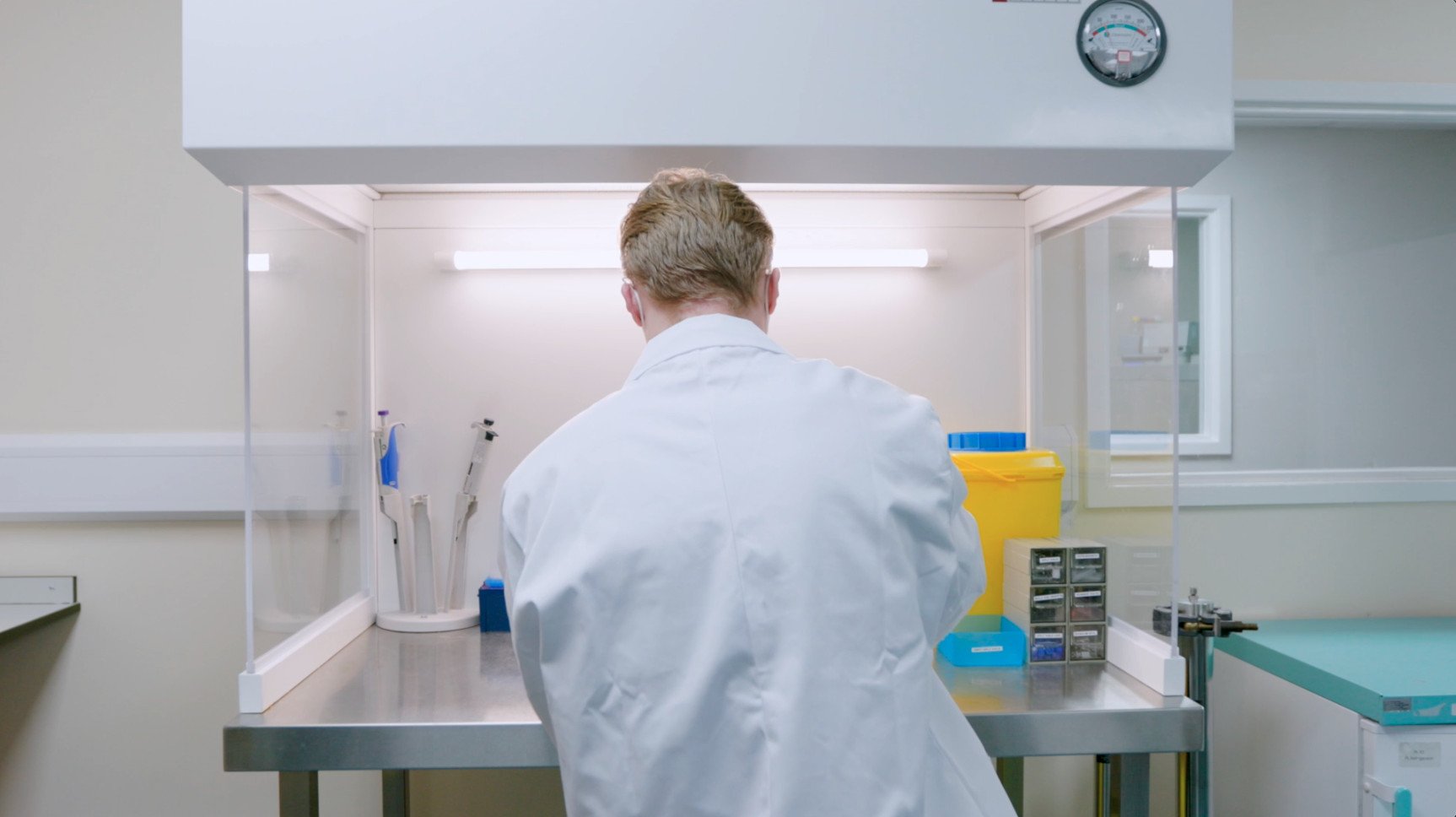Publications
Clinical Potential of Antigenic Immune Modulation
A Novel Quantitative Approach to Staging and Assessing Recovery from Type 1 Diabetes Mellitus: The Type 1 Diabetes Mellitus Metabolic Recovery Index
Phaim’s team, Tihamer Orban, Nara Orban, Heyam Jalahej and Piers Daubeney introduce a new approach to characterise and stage recovery from autoimmune destruction in type 1 diabetes and propose a novel assessment tool, DMMRI assessment tool, to better evaluate and compare the efficacy of treatments. This paper was published in 2020 in the International Journal of Molecular Sciences.
Implanted pluripotent stem-cell-derived pancreatic endoderm cells secrete glucose-responsive C-peptide in patients with type 1 diabetes
Adam Ramzy et al. report on current first-in-human phase 1/2 study showing that pancreatic endoderm cells implanted in non-immunoprotective devices and combined with immunosuppression are well-tolerated, improve C-peptide levels, and exhibit meal-regulated insulin secretion, marking the first reported evidence of this in patients. This paper was published in Cell Stem Cell in 2021.
Insulin expression and C-peptide in type 1 diabetes subjects implanted with stem cell-derived pancreatic endoderm cells in an encapsulation device
A.M. James Shapiro et al. show that pluripotent stem cell-derived pancreatic endoderm cells (PEC-01) can be successfully engrafted and function as insulin-releasing islet cells in type 1 diabetes patients, suggesting a potential scalable alternative to pancreatic islet transplants. Published in Cell Reports Medicine in 2021.
Antigen-specific tolerance to self-antigens in protein replacement therapy, gene therapy and autoimmunity
Lawrence Steinman et al. review clinical trials of antigen-specific tolerance strategies, highlighting their established use in hemophilia A, ongoing research in autoimmune diseases, and efforts to achieve tolerance in conditions like celiac disease, with a focus on initial results reported in the literature. This paper was published in 2019 in Current Opinion in Immunology.

Background to Antigenic Immune Modulation
Reduction in CD4 Central Memory T-Cell Subset in Costimulation Modulator Abatacept-Treated Patients With Recent-Onset Type 1 Diabetes Is Associated With Slower C-Peptide Decline
Tihamer Orban et al. identify the first immunological biomarker of C-peptide level decline in newly diagnoses T1D patients. This can potentially aid the prediction of progression to overt T1D in high-risk subjects. This paper was published in 2014 in Diabetes.
Antigen-based therapy with glutamic acid decarboxylase (GAD) AIM therapy in patients with recent-onset type 1 diabetes: a randomised double-blind trial
Diane Wherrett, Tihamer Orban et al. found that antigen-based immunotherapy therapy with subcutaneous GAD-alum, administered over 4–12 weeks, did not preserve insulin production or alter the course of C-peptide decline in patients with recent-onset T1D over the course of 1 year. Paper published, 2011 in The Lancet.
New hope for immune intervention therapy in type 1 diabetes.
Tihamer Orban et al. report that abatacept treatment in recent-onset type 1 diabetes delayed β-cell function loss for 9 months and provided protection for the full 2-year therapy, offering hope that immunotherapy can alter disease progression. Published in The Lancet in 2011.
Pancreatic Islet Autoantibodies as Predictors of Type 1 Diabetes in the Diabetes Prevention Trial - Type 1
Tihamer Orban et al. studied the extent to which specific types of pancreatic islet autoantibodies are predictive of type 1 diabetes. Their two study cohorts showed that the number of autoantibodies is highly predictive of type 1 diabetes. This paper was published in 2009 in Diabetes Care.
Autoantigen-specific regulatory T cells induced in patients with type 1 diabetes mellitus by insulin B-chain immunotherapy
Tihamer Orban et al. report the results of a phase 1 clinical trial of a novel antigen-specific therapeutic, which demonstrated the induction of a lasting immune response and the generation of autoantigen-specific regulatory T cells. This paper was published in 2009 in the Journal of Autoimmunity.
Concordance for Islet Autoimmunity among Monozygotic Twins
Maria Redondo, Tihamer Orban et al. publish in The New England Journal of Medicine in 2008, their long-term follow-up showing monozygotic twins of type 1 diabetes patients frequently develop autoantibodies and diabetes, even if initially discordant, suggesting concordance rates should account for extended monitoring.
Mutations in NEUROD1 are associated with the development of type 2 diabetes mellitus
M. T. Malecki, Tihamer Orban et al. studies the protein NEUROD1, which functions as a regulatory switch for endocrine pancreatic development. Their findings suggest mutations in NEUROD1 leads to the development of type 2 diabetes in humans. This paper was published in 1999 in Nature Genetics.
Extreme Th1 bias of invariant Valpha24JalphaQ T cells in type 1 diabetes
S. Brian Wilson, Tihamer Orban et al. reports in Letters to Nature in 1998. The study found elevated IL-4 levels in high-risk diabetes non-progressors, but later identified interference from a substance affecting the accuracy of these measurements.
